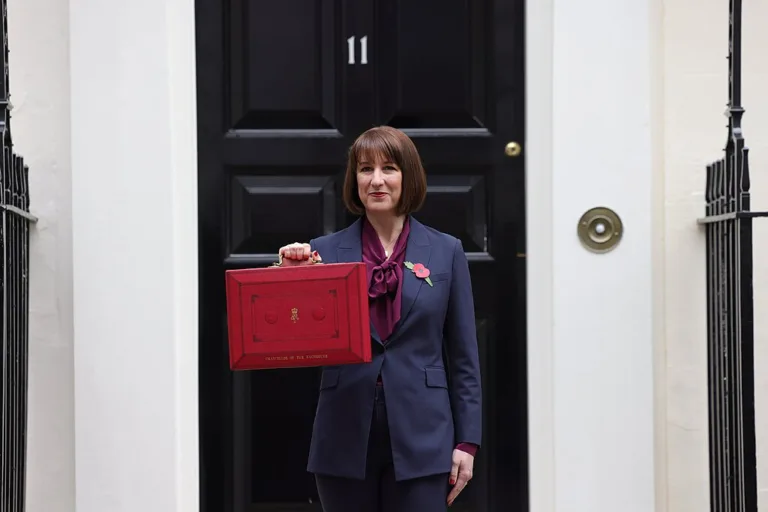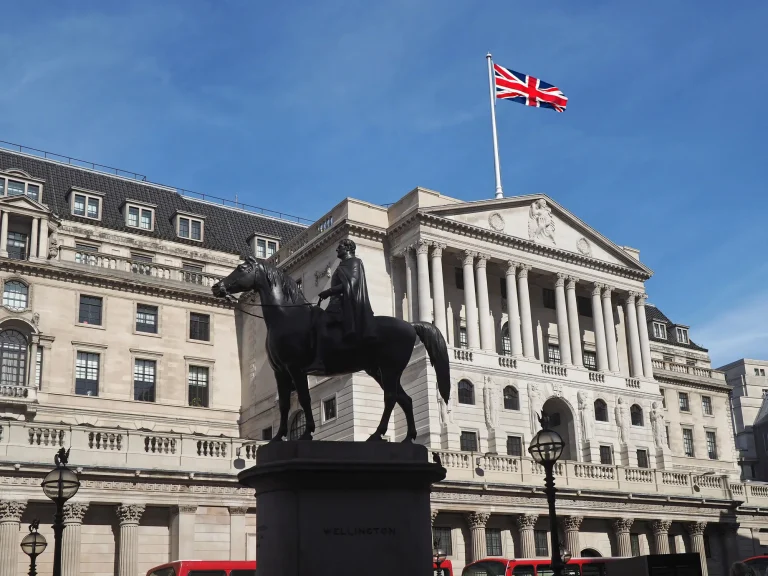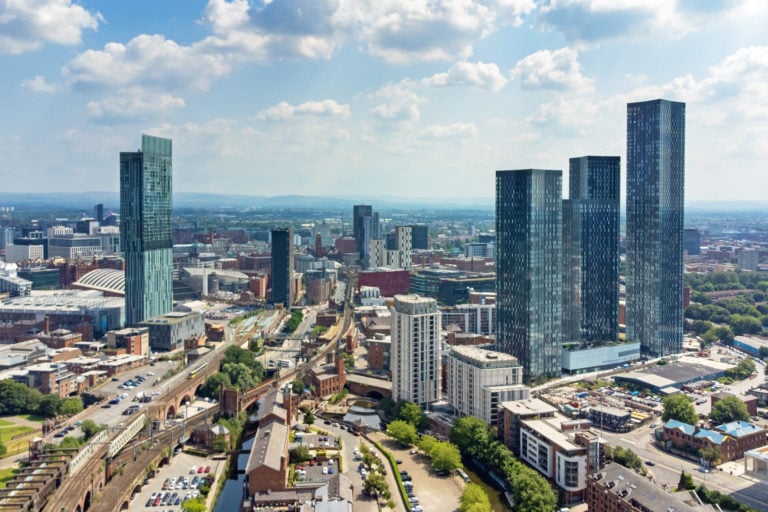All three major political parties have pledged to penalise overseas buyers of UK property if they win the general election in December, but it’s a controversial policy.
Theresa May first announced her intention to increase taxes for foreign investors buying UK property back in 2018, and her proposal has now been set out again by Boris Johnson in his manifesto for the upcoming general election.
A 3% surcharge would be added onto the stamp duty bill for anyone living overseas investing in property here. The aim, according to Rishi Sunak, the chief secretary to the Treasury, is to reduce demand in the property market which he says has inflated house prices, while also raising up to £120m in taxes.
Sunak said: “Britain will always be open to people coming to live, work, and build a life in this great country. The steps we are taking will ensure that more people have the opportunity of a great place to live and build a family.”
The Liberal Democrats have also pledged to bring in an unspecified stamp duty surcharge for overseas residents purchasing properties in the UK. With a slightly different angle, Labour have promised to add a levy to the purchase of UK property by foreign companies and trusts, rather than individuals, which could be an increase of as much as 20%.
Labour’s statement says: “A company purchasing residential property benefits from the UK’s infrastructure and legal framework, and ought to pay a small levy to acknowledge that.”
Reactions from across the industry
The plans have sparked some criticism from the sector. Camilla Dell, managing partner at buying service Black Brick, doesn’t think it will deter top-end buyers, as they will continue to benefit from the weak pound and the recent house price falls in certain areas.
She adds: “However, it could well put off middle class overseas investors in somewhat cheaper properties, many of whom invested in new-build apartments on a buy-to-let basis. This could have the unintended effect of slowing development in the capital.”
Another sceptic is RICS spokesman Hew Edgar, who says: “The Conservative Party need to recognise that it is a lack of supply, driven by failure to build enough homes that is limiting first-time buyer potential, rather than increases in second home ownership.
“An additional unintended consequence of this surcharge, therefore, is higher end housing market providers being be deterred from development, which could have negative consequences across the housing market.”
Watch this space
Sam Hadfield, managing director at BuyAssociation, says: “If all three political parties are supporting this policy in some form, we have to pay attention to it. It will be interesting to see what effect it has in reality if it comes to pass.
“From our point of view, the UK housing market needs investment. Development has to keep up with demand, and we need the government to provide options to stimulate the housing market, and importantly to encourage the development of the right type of stock.”
“It will be interesting to see what shape any efforts to encourage investment and building take. Building more houses ought to be the priority. Stamp duty reform across the board, not just for first-time buyers, could also provide a real incentive for people to keep buying and selling and stimulate the market further with more movement within the existing stock which in turn helps those trying to own their first home.”










